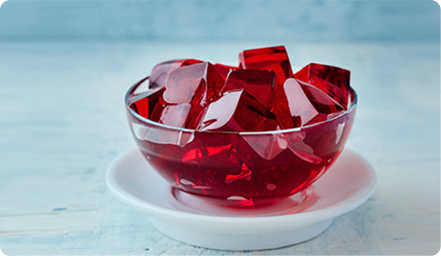-
July, 26,2025
Understanding the Role of Bloom Strength in Soft Gelatin Capsules
-
July, 25,2025
Bloom Strength and Its Impact on Hard Gelatin Capsules
-
July, 21,2025
How Gelatin Is Revolutionizing Pet Food: A Healthier Option for Dogs
-
June, 22,2025
Collagen as a Trusted Ingredient: Meeting Global Demand with Reliable Supply
Bovine vs Marine Collagen: Which Is Truly Better?
Collagen is an important protein that supports skin elasticity, joint health, and overall wellness. With the growing interest in collagen supplements, the debate continues: bovine vs marine collagen—which of these two is truly better? Both have distinct benefits and applications, making it crucial to understand their differences to determine which suits specific health goals best. Reliable collagen peptide powder manufacturers, such as those specializing in high-quality bovine and marine sources, play a significant role in ensuring the effectiveness of these supplements. In this article, we will explore the origins, benefits, and applications of bovine collagen peptides made from cattle and marine collagen peptides sourced from fish, helping you decide: "Which is better, marine collagen or bovine?"
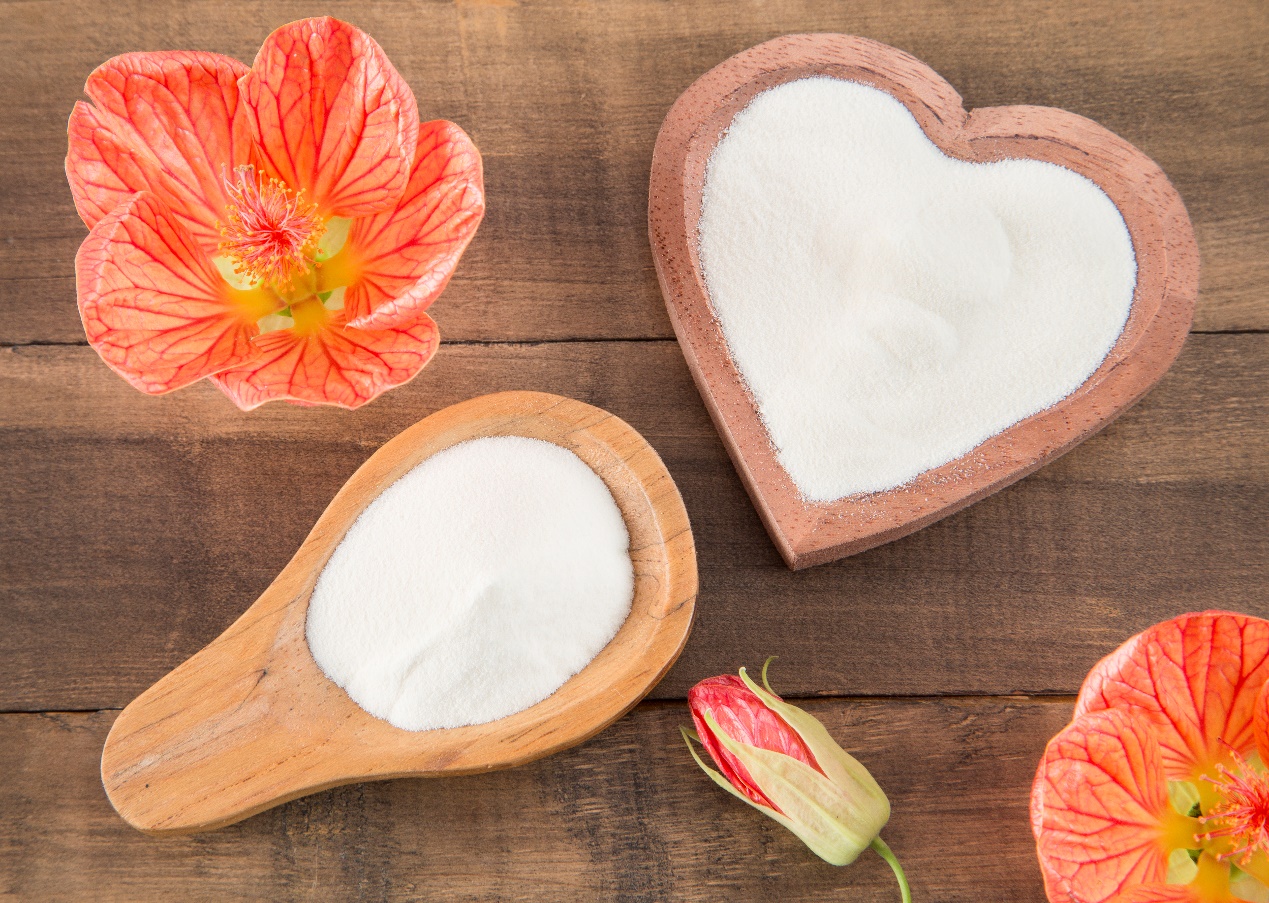
Bovine vs Marine Collagen: Understanding Sources and Types
Marine vs Bovine Collagen - How Sources Affect Quality and Purity
Bovine collagen is isolated from bovine hides, bones, and connective tissues. It also proves to be one of the best options for many manufacturers due to its high availability and sustainable processing. Grass-fed or pasture-raised bovine collagen peptides are particularly prized due to their purity and quality, which aligns with modern consumers' wishes for natural and ethical sourcing.
Marine collagen, by contrast, is extracted from fish skin, scales, and bones. Often sold as "green" because it uses fish by-products, the marine collagen variety appeals to customers conscious about sustainability. However, the source of the fish species and method of aquaculture can vary greatly in quality. Wild-caught fish collagen is often considered to be purer than farm-raised, though bovine collagens produced under strict controls on cattle farming could conceivably enjoy a quality that's equal or superior.
Collagen Types in Marine and Bovine Sources: A Closer Look at Types I, II, and III
Collagen is classified into various types, with Types I, II, and III being the most prominent in supplements:
Marine collagen is predominantly Type I, known for its role in skin health, hair, nails, and tendons. While excellent for beauty-related goals, it lacks the diversity found in bovine collagen.
Bovine collagen provides both Type I and Type III, which are very important to skin, joints, and gut health. Sometimes bovine sources are also rich in Type II collagen, which is critical to fix the cartilage and keep the joints mobile.
Including Type III in bovine collagen makes this collagen very good for overall health and provides benefits that may not be possible with marine collagen due to its cosmetic appeal only.
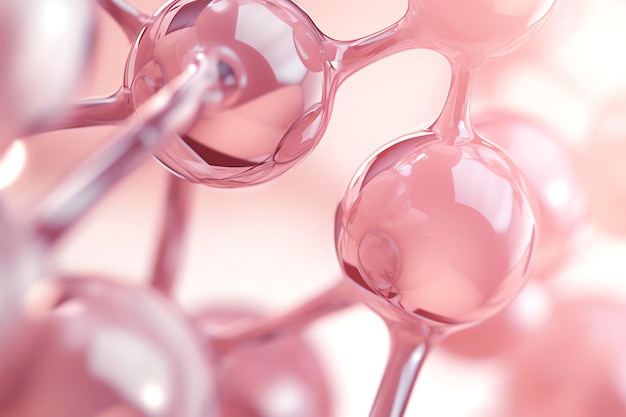
For bovine collagen, trusted manufacturers like Funingpu focus on ethical sourcing from pasture-raised cattle, ensuring a product that meets the highest standards of quality and purity. With decades of expertise, Funingpu is a leader in providing collagen peptides that retain their nutritional integrity.
Which Is Better, Marine Collagen or Bovine?
Amino Acid Profile Discussion and Impact
Amino acid profile plays a major determinant in the efficacy of collagen. Marine and bovine collagens are both rich in glycine, proline, and hydroxyproline, all substrates that stimulate the activity of natural collagen. However, bovine collagen has a slight edge because of the high content of glycine in it, which allows for better joint, gut, and skin health.
Marine collagen is often praised for its smaller peptide size, which theoretically aids in faster absorption. While true to a degree, research proves bovine collagen peptides, via advanced hydrolysis processes, achieve comparable bioavailability. Therefore, both can be highly effective depending on production quality.
Longevity and Anti-Aging Focus
When considering, "Which collagen is best for anti-aging?", both marine and bovine options have merits:
Marine collagen, rich in Type I, has often been pulled for its unique ability to enhance the elasticity and hydration of the skin. On the other hand, bovine collagen is rich in Type I and III, facilitating overall tissue repair and regeneration at a broader wavelength and extending anti-aging benefits to joint and gut health. Its diversity makes bovine collagen versatile, especially for individuals who are interested in general longevity and holistic health.
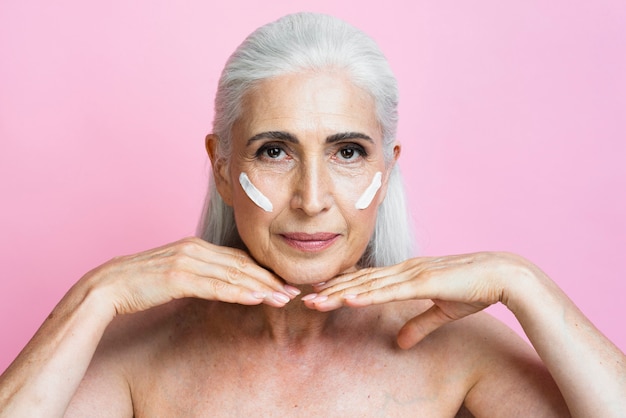
When it comes to anti-aging, bovine collagen provides a broader range of benefits thanks to its combination of Types I and III collagen. Funingpu's bovine collagen peptides are specifically formulated to support skin elasticity, joint health, and overall tissue repair.
Comparative Analysis of Production Methods and Their Nutritional Impact
The production process significantly affects collagen quality:
- ·Marine collagen requires precise hydrolysis to reduce fishy odor and taste, a common drawback that can discourage some users.
- ·Bovine collagen, by contrast, is less prone to these issues. Advanced hydrolyzed bovine collagen peptides dissolve easily in beverages and remain virtually tasteless, enhancing usability.
Comparison of Marine and Bovine Collagen in Supporting Hormonal Balance and Mood
Several studies have shown that the glycine-rich composition in bovine collagen is associated with improved sleep and stress levels. Glycine serves as a precursor to neurotransmitters, including serotonin, an important neurotransmitter for regulating mood. Although marine collagen contains glycine, it is usually in smaller concentration, hence making bovine collagen a superior product for hormonal balance and emotional well-being.
Not all collagen is created equal. The processing methods used by manufacturers greatly influence the product's quality. Funingpu employs state-of-the-art hydrolysis technology to produce highly bioavailable collagen peptides, ensuring maximum absorption and effectiveness.
Bone Density and Recovery in Aging Populations
While both marine and bovine collagen offer health benefits to bones by stimulating activity in osteoblasts, bovine collagen, with its inclusion of Type III collagen, offers even more support for bone density and connective tissue strength. This makes it a better option for aging populations focused on maintaining mobility and reducing fracture risk.
Bovine vs Marine Collagen: How to Choose Between Them for Your Health Goals
Collagen for Skin, Hair, and Nail Health: Which One Works Better?
In the case of purely improving skin texture and elasticity, marine collagen will be a big contender due to its high composition of Type I. However, if you are more concerned with beauty in general-thicker hair and stronger nails-then bovine collagen is the way to go due to the combination of Type I and III.
Gut Health and Digestive Support
Gut health is a growing area of focus in collagen research. The high percentage of glycine in bovine collagen plays an important part in repairing intestinal linings, thereby improving nutrient absorption and decreasing leaky gut syndrome symptoms. Marine collagen supports gut health but does not have the same strong level of glycine as bovine collagen, hence it is more beneficial for digestion.

Physical Activity, Recovery, and Joint Support
For athletes and individuals with high activity levels, bovine collagen contains Type II collagen, which is very important for repairing cartilage and lubricating the joints. While bovine collagen can effectively address joint problems, marine collagen may support the healing of tendons and ligaments but cannot provide holistic support for joints like bovine collagen can.
Myths and Misconceptions About Marine and Bovine Collagen
Myth vs. Reality: Does Marine Collagen Absorb Faster Than Bovine?
The notion that marine collagen absorbs faster stems from its smaller peptide size. While this is true, modern bovine collagen peptides made from advanced hydrolysis methods achieve comparable absorption rates. Therefore, absorption speed should not be the sole deciding factor when choosing collagen.
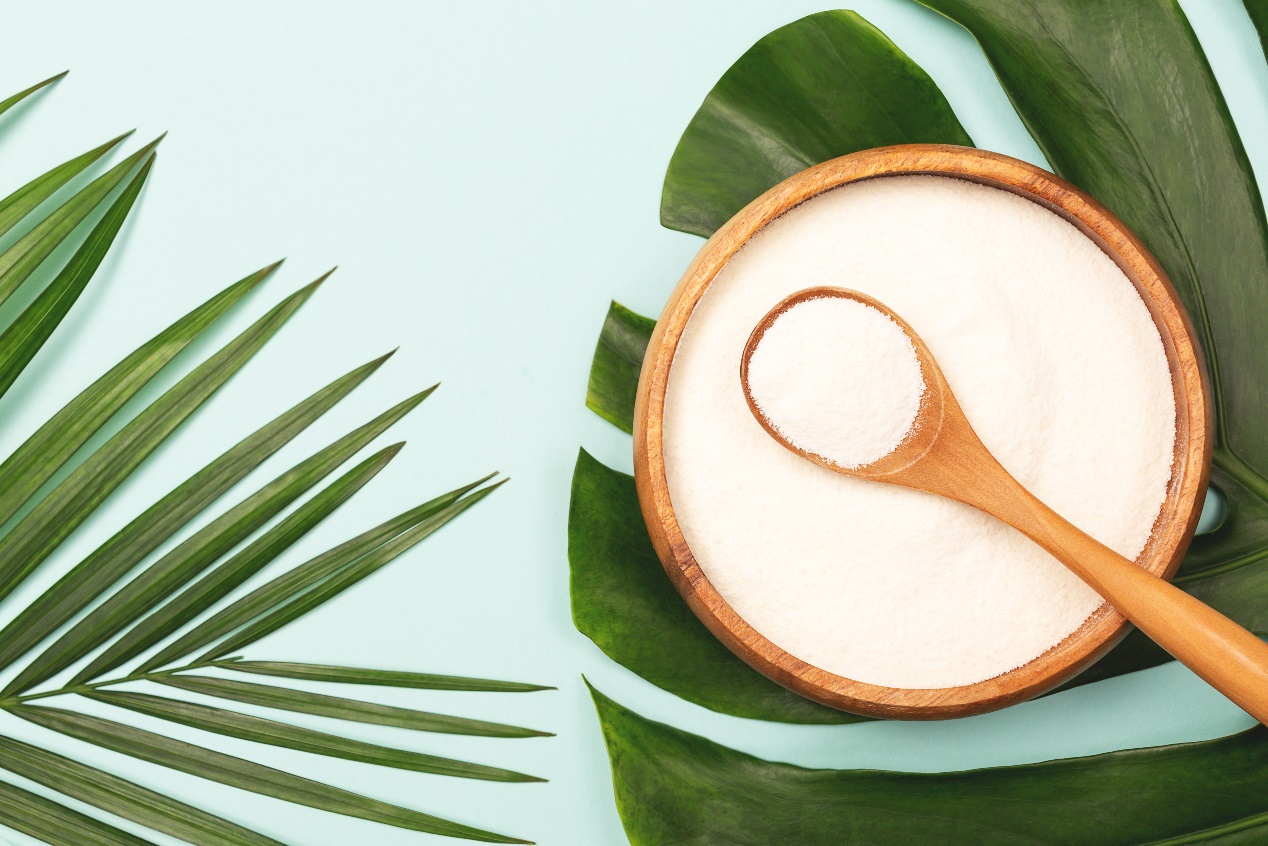
Collagen for Allergen Sensitivity and Diet Compatibility
Marine collagen is hailed as hypoallergenic, but persons with fish allergies should avoid it. On the other hand, bovine collagen is very well tolerated and thus safer for more diverse diets.
Final Thoughts
When it comes down to bovine vs marine collagen, it's really a question of personal preference against individual health aims. Marine collagen is certainly better in terms of cosmetic purposes, due to a greater concentration of Type I. Yet for overall health benefits, such as anti-aging, joint pain, and gut health, bovine collagen will be the better choice because of a broader profile encompassing Types I, II, and III. The versatility and advances in production methods place bovine collagen at the top for most users.
Whether you choose marine or bovine collagen, selecting a high-quality product is key. Funingpu, a leading collagen peptides manufacturer, offers premium collagen solutions tailored for anti-aging, joint health, and overall wellness.
FAQs
1. Which is more effective for anti-aging: marine collagen or bovine?
While marine collagen is great for skin hydration and elasticity, bovine collagen helps in wider aspects of anti-aging because it supports joint, gut, and bone health.
2. What are bovine collagen peptides made of?
Bovine collagen peptides come from cattle hides, bones, and connective tissues, with much coming from grass-fed or pasture-raised animals.
3. Is Marine Collagen more sustainable than Bovine?
Both are sustainable, given that sourcing practices will vary. Look for certifications to make sure production is ethical and the environment has not been harmed in the process.
4. Can I take bovine collagen if I am allergic to seafood?
Yes, bovine collagen is safe for persons with seafood allergies.
5. Which collagen is good for the health of my joints?
Bovine collagen, especially those blended with Type II collagen, works best for joint health and the repair of cartilage. Knowing the key differences and uses of marine versus bovine collagen peptides will help you make an informed decision based on your health and wellness goals.
Phone: +86-577-88105990
Mobile: +86-138 5886 1938
Official Website: www.fnp-gelatin.com
Email: sales@funingpu.com
Address: No. 1-10 Wenpu Road, Yacheng Town, Xiapu County, Ningde City, Fujian Province

